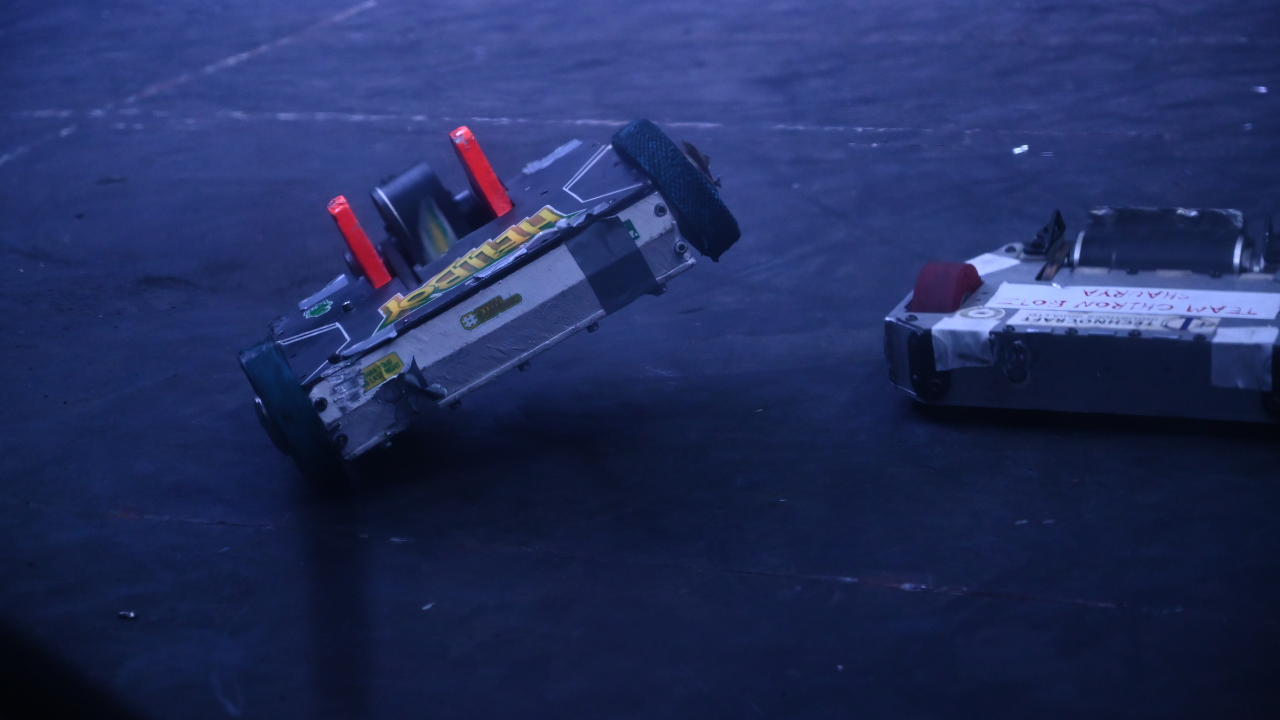Inside the Future of Tech Sports: Competitive Robotics on the Global Stage
In a world where innovation is reshaping every aspect of life, the future of sports is no exception. A powerful new wave is emerging at the intersection of technology and athletics — welcome to the era of Tech Sports. From competitive robotics and AI-driven drones to phygital games and aeromodelling, these futuristic disciplines are transforming what it means to compete.
The Rise of a New Sporting Frontier
Tech sports are evolving from niche hobbies into global competitive phenomena. Blending engineering, coding, and strategic gameplay, these new-age competitions challenge both the mind and machine. Enthusiasts, inventors, and pro teams around the world are embracing a spectrum of high-tech sports formats:
• Robowars and Combat Robotics (e.g., BattleBots, Battle of Robots)
• Drone Racing (e.g., Drone Racing League)
• AI-Powered Challenges (e.g., DJI RoboMaster)
• Educational Tech Fests (e.g., Techfest at IIT Bombay)
• NASA Rover and Aeromodelling Challenges
What once lived in underground maker communities or university tech clubs is now hitting primetime television, racking up millions of views on YouTube, and drawing large live audiences.
Competitive Robotics: Where Engineering Meets Entertainment
BattleBots and DJI RoboMaster are no longer just fun to watch — they’re legitimate tech sports leagues with sponsorships, global reach, and increasing stakes. RoboMaster, for instance, combines robotics engineering, AI programming, and team strategy in a thrilling combat format. Similarly, BattleBots has turned robot combat into an electrifying spectacle that combines entertainment with ingenuity.
These platforms are not just competitions; they are incubators for future engineers, data scientists, and roboticists — while also delivering the excitement of traditional sports.
Drone Racing: Speed in the Sky
The Drone Racing League (DRL) has taken drone technology to new heights. Racers pilot custom-built drones through LED-lit obstacle courses at breakneck speeds, with audiences viewing via FPV (first-person view) headsets. DRL is already gaining traction as the “Formula 1 of the skies.”
Major brands, tech sponsors, and media companies are investing in drone racing — betting on its long-term entertainment value and educational spillover into STEM.
The Influence of Esports and AI
Esports, which revolutionized digital competition through games like League of Legends and Valorant, have paved the way for this tech-centric sports culture. Today, that same audience is showing growing interest in real-world applications of competitive technology — particularly in AI and robotics-based challenges.
AI is no longer just part of the code; it’s becoming the competitor itself. Autonomous systems are being trained to make tactical decisions in real-time, setting the stage for human vs. machine competitions.
The Phygital Revolution: Physical Meets Digital
Phygital — a fusion of physical and digital experiences — is emerging as another core component of future sports. Whether it’s through augmented reality-enhanced games or drone football, the lines between the virtual and the real are blurring. New leagues are integrating wearable sensors, VR environments, and robotics into one unified experience.
Think of it as a multiplayer game, but with real machines, physical arenas, and live audiences — a total sensory and strategic battlefield.
NASA, IITs, and the Global Academic Push
Leading institutions like NASA and IIT Bombay are fueling innovation through elite challenges such as:
• NASA’s Human Exploration Rover Challenge
• Aeromodelling and drone-building competitions at academic tech festivals
• Autonomous robotics challenges in STEM Olympiads
These events are not only fostering global talent but also creating a direct pipeline from the classroom to high-level, real-world tech sports.
Why Tech Sports Matter Now More Than Ever
In a rapidly digitizing world, tech sports offer more than just thrills — they are educational, inspirational, and highly scalable. They:
• Encourage STEM learning in younger generations
• Provide platforms for real-world innovation
• Create diverse career paths in robotics, AI, aerospace, and entertainment
• Unite global communities with shared interest in the future of play
As automation, AI, and robotics reshape the world, tech sports will play a pivotal role in how we understand, develop, and enjoy these tools


